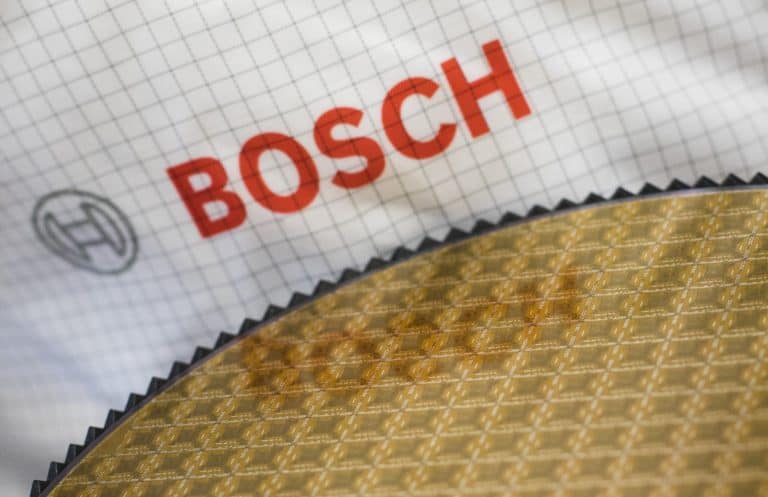The production investment will be split between Europe and Asia
This week Reuters reported that German technology group Robert Bosch plans to invest 400 million euros in microchip production in 2022. The investments are to increase silicon production in Germany and Malaysia. The reason for the investment, they say, is to ease the global chip shortage.
A lack of chips for automakers has disrupted vehicle production around the world. This means suppliers have to rely almost exclusively on chips from only a few manufacturers in Asia and the United States. Bosch is a giant supplier to the German automakers such as BMW and Daimler-Benz.
“These planned investments demonstrate once again the strategic importance of having our own manufacturing capacity for the core technology of semiconductors,” Bosch Chief Executive Volkmar Denner said.
The lion’s share will go to Germany
The largest part of Bosch’s budget will go toward speeding up the expansion of its Dresden, Germany factory, Bosh said in a statement. Bosch inaugurated that facility in June, and said it will produce 300-millimeter wafers.
The company will also invest about 50 million euros in a site in Reutlingen near Stuttgart. There, they make 200-millimeter wafers as well as car parts and factory automation systems.
Another project – still in the planning stage – will be the construction of a semiconductor testing facility in Penang, Malaysia. The company did not disclose,how much money they would be investing there, however.
The Bosch announcement comes one month after Intel, the biggest maker of processor chips for PCs and data centres, said it could invest up to EUR 80 billion (roughly Rs. 698 crore) in Europe over the next decade.
